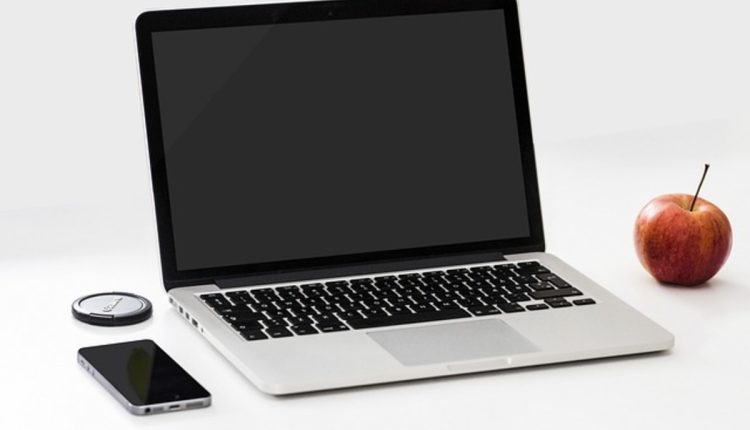These 5 Tips Will Make Your Computer Run Faster
Opening a favorited link and waiting for the page to load is one of the most frustrating things that can happen. Next, I tried opening a document in my word processor, which took forever, too. When I’m in this state of mind while using a computer, the words I enter don’t appear on the screen until 10 minutes later. Have you ever felt this way before?
Sometimes a computer will lag so badly that you won’t be able to access any of your saved websites or documents in your word processor. There are several potential causes for a computer to perform slowly. This post will go through the top 5 reasons a computer slows down. That way, you’ll know to watch out for or fix them.
1. Keep your system tray from getting too cluttered.
The system tray is a section of your computer’s interface that may be found in the screen’s lower right corner. Several icons populate this region of the display. To see all of the icons on the system tray, you might have to click on a little arrow that points to the right.
These symbols stand in for the programs that are either currently active or will become active in response to your actions on the computer. You may have multiple programs running in the background without even realizing it. These applications are always in the background, affecting your system’s resources. Your computer’s performance may suffer as a result of this. In many cases, these processes running in the background will cause your computer to freeze completely.
All of these icons can be right-clicked on. This should launch a window where you can disable the relevant software. You can launch any application installed on your computer from the start-all applications option. When you move an app from the system tray, you’re not erasing it from your computer; instead, you’re taking back control from the app so that it serves you, rather than the other way around.
Want More Memory (RAM)?
A computer may experience performance issues if it doesn’t have enough RAM. However, this can only occur if you have more resource-intensive software installed than the others. If you’ve recently installed an application and noticed that it’s running slower than before, but everything else seems to be operating normally, you may need to upgrade your RAM.
Are Things Starting to Get Hotter?
In the past, I’ve experienced computer lag due to overheating. This could be indicative of a problem with the computer’s hardware. However, it should not be forgotten that removing a slot cover or the computer cover itself would cause the device to overheat.
In addition, make sure there is no dust on any of the computer’s fans. The fan’s ability to cool the computer’s components can be compromised if dust accumulates on its blades. I Cs that are covered with dust can retain heat for longer. If dust has settled within your computer, you should regularly remove the case and blow it out with a can of compressed air.
4. Disable All Background Processes
Spyware and other applications on your computer will begin running on their own at predetermined times throughout the day. Start these applications, navigate to their setting’s menus, and schedule them to run when they aren’t in the way.
5. Use a reliable registry cleaner to maintain a clean registry.
Regularly using a competent commercial registry cleaning is one of the most important and often-overlooked maintenance tasks you can perform on your computer. Be sure the registry cleaning you choose is both reliable and up-to-date. Ensure your chosen registry cleaner includes a registry optimizer to get the most speed out of your PC.
This registry cleaner should be used whenever you need to fix or clean up your computer’s registry. An obsolete entry in the registry can be removed with the help of a registry cleaner. Because of these obsolete entries, the operating system may waste time searching enormous file directories for a file that no longer exists. You can see how a computer with a tidy registry performs noticeably better than one with many extraneous items cluttering the system.
There’s nothing you did to trigger registry corruption on your machine. With regular use, a registry will get corrupted. In previous OS versions, this kind of corruption rarely manifested itself. However, corruption builds up quickly in Vista and XP, and the performance hit is noticeable.
Ed Lathrop is qualified to write about modern computers because he is a professional TIA A+/Network+ certified computer specialist. Check out his site, Registry Repair Review [http://registryrepaircompare.com], to learn about his thoughts on the best registry cleaners and which ones are safe to use. In addition, if your computer has slowed down, Repair Slow Computer [http://repairslowcomputer.com] can show you how to speed it back up.
Read also: How to Construct a Computer and Component Variety.

